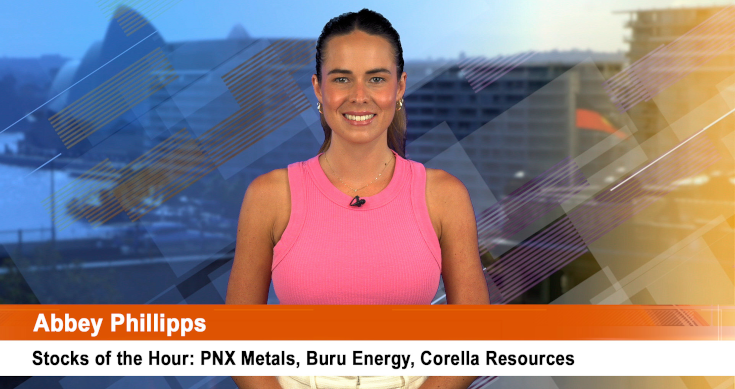by Michael O’Dea – Head of Multi Asset
The role of bonds in portfolios is broadly facing scrutiny as long-term interest rates remain at extraordinarily low levels, supported by zero cash rates and aggressive quantitative easing. A key feature of portfolio construction for the past four decades has been the diversification benefit of owning bonds (with bonds rallying when equities are in bear markets). This time, bonds appear vulnerable and could continue to be the cause of a significant rotation within equity markets. Our focus remains on investments that can generate CPI plus 5% per annum over a five-year horizon.
Against this backdrop, we remain cautious about the outlook for some major parts of the investment universe, including:
- the US market (which on some measures is the most expensive it has ever been) and specifically the technology sector.
- credit markets − very little compensation for the risk of default.
- government bonds – yields are negative after allowing for inflation.
At the same time, there are many attractive investments in the long-neglected ‘value’ parts of the equity market. These investments have several desirable features including significant upside as economies re-open, resilience in a rising interest rate environment, and defensive characteristics in the event of a general correction in equity markets. The Fund’s overall risk level is at the high end of its recent range, reflecting the risk allocated to the various equity markets that are attractively valued as well as diversifying opportunities (including equity alpha and FX positions). The Fund also retains a significant cash allocation reflecting the winnowing out of investments with poor prospects of generating the target return of CPI plus 5% in the medium term.
This cash position is balanced by a substantial risk allocation to diversifying opportunities (including equity alpha and currency positions) and has also been used to back call options on equity markets. There is also significant optionality in holding cash. This is an extreme environment for the economy and for markets. Valuations are extremely extended in some parts of the equity market and bond yields have never been lower than in the past year. Financial markets history is replete with dire warnings about the risks of investing when valuations are as extended as they are now. As a result, we want to hold cash to take advantage of attractive investment opportunities in the broader investment universe that we expect to arise in the period ahead.







